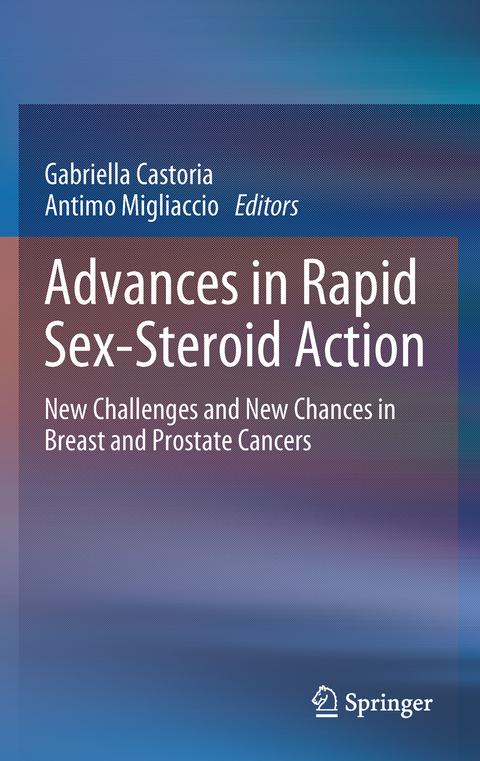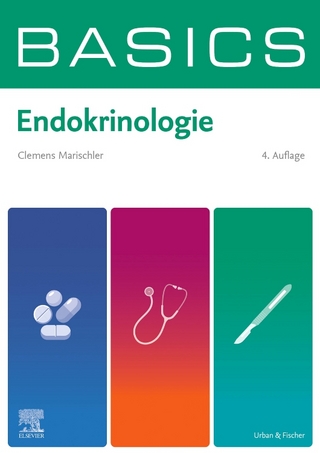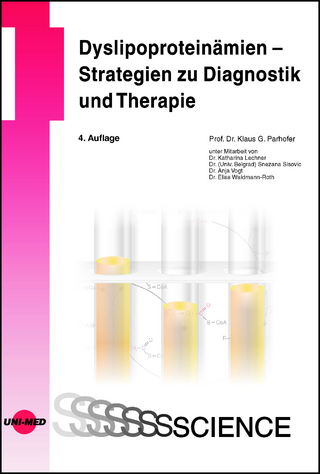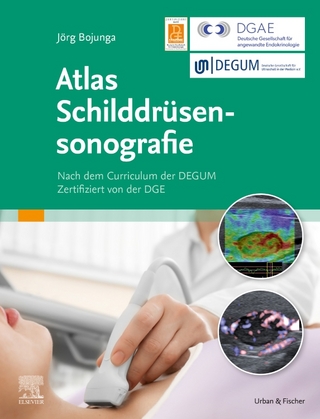
Advances in Rapid Sex-Steroid Action
Springer-Verlag New York Inc.
978-1-4899-8935-2 (ISBN)
Breast and prostate cancers are both hormone-dependent, at least in some stages of their progression. Hormonal manipulation represents an important therapeutic approach. Although most of breast and prostate cancers initially respond to hormone therapy, most tumors reinitiate to growth. Finally, hormone-resistant and metastatic breast and prostate cancers may develop. Thus, the challenge is the dissection of mechanisms by which steroid receptor signaling pathways continue to influence cell growth and invasiveness. Compelling evidence indicates that steroid hormones elicit non-genomic responses in extra-nuclear compartment of target cells. In this cellular location, steroid-coupled receptors rapidly recruit signaling effectors or scaffold proteins and activate multiple pathways leading to proliferation, survival, migration and invasiveness. The immediate challenge is the dissection of key events regulating the steroid response of target tissues to prevent progression and improve treatment of breast and prostate cancers.
Non genomic action of steroid hormones: more questions than answers.- Part I: Breast Cancer.- Progesterone signaling to chromatin in breast cancer cells. two initial cycles of remodeling.- Cooperative interactions between c-Src, estrogen receptors, and receptor tyrosine kinases in breast cancer.- Cross talk between ERa and Src signaling and its relevance to ER status and hormone responsiveness.- Post-translational modifications of ER alpha in rapid estrogens’ action.- Sex-steroid rapid action and its role in invasiveness and metastasis of breast cancer.- Unraveling the role of GPER in breast cancer.- Nongenomic actions of estrogens and xenoestrogens affecting endocrine cancer cells.- Part II: Prostate Cancer.- Androgen receptor pathway in prostate cancer: old target and new drugs.- Differential functions of stromal and epithelial androgen receptor in prostate cancer before and after castration resistant stage.- Role of androgens and androgen receptor in prostate cancer: genomic and non-genomic actions.- Mechanisms of signal transduction in prostate cancer: the role of PI3-kinase pathway in androgen action.- The IGF-1 axis in prostate cancer: the role of rapid steroid actions.- Part III: New tools for steroid receptor analysis and regulatory networks.- Quantitative visualization of sex steroid receptor functions: AR and ERa.- Micropatterned surfaces as tools for the study of rapid non-genomic actions of steroid receptors. Index.
| Zusatzinfo | XVIII, 270 p. |
|---|---|
| Verlagsort | New York |
| Sprache | englisch |
| Maße | 155 x 235 mm |
| Themenwelt | Medizinische Fachgebiete ► Innere Medizin ► Endokrinologie |
| Medizin / Pharmazie ► Medizinische Fachgebiete ► Onkologie | |
| Medizin / Pharmazie ► Studium | |
| ISBN-10 | 1-4899-8935-8 / 1489989358 |
| ISBN-13 | 978-1-4899-8935-2 / 9781489989352 |
| Zustand | Neuware |
| Haben Sie eine Frage zum Produkt? |
aus dem Bereich


